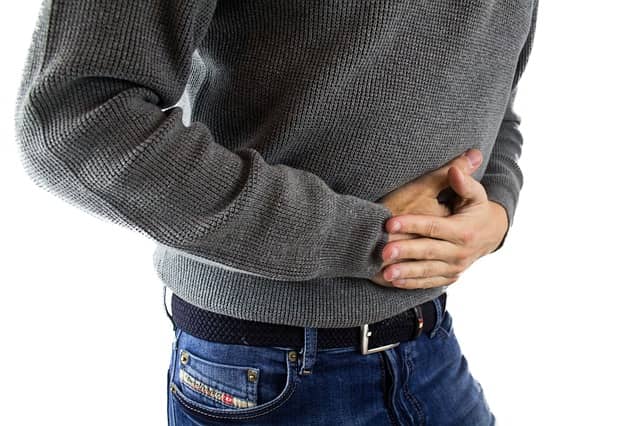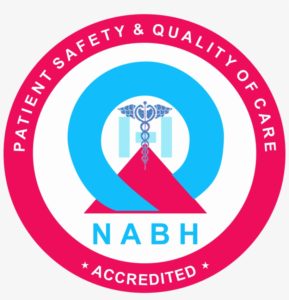TIPS YOU TO PREVENT GERD & EAT WORRY-FREE

Acid reflux happens when your stomach acid backs up into your esophagus. Your esophagus is the muscular tube that connects your throat and stomach. The most common symptom of acid reflux is a burning sensation in your chest, known as heartburn. Other symptoms may include a sour or regurgitated food taste in the back of your mouth.
Acid reflux is also known as gastro oesophageal reflux (GER). If you experience it more than twice a week, you may have gastroesophageal reflux disease (GERD). In addition to frequent heartburn, symptoms of GERD include difficulty swallowing, coughing or wheezing, and chest pain.
There are a number of steps you can take to prevent the reflux of stomach acid into the esophagus through the lower esophageal sphincter (LES), which over time can damage the esophageal lining and can lead to a host of illnesses, including throat cancer. However, what will help one person avoid GERD might not necessarily help another.
HERE ARE 12 TIPS YOU CAN TRY TO PREVENT GERD AND EAT WORRY-FREE ONCE AGAIN.
1. Lose weight. Obesity is the leading cause of GERD. Extra stomach fat places pressure on your abdomen, pushing gastric juices up into your esophagus. “Lose weight if you’re overweight, and don’t gain weight if you’re not”.
2. Lower the Fat. It’s disappointing but true — fatty, greasy foods like burgers and fries can wreak on your digestive system. Fats cause your lower esophageal sphincter (LES) to relax, allowing food to travel back up the esophagus and into your throat. At the same time, they delay stomach emptying, leaving a longer window of time in which partially digested food can cause problems. To reduce symptoms, try eating leaner cuts of meat, and cut down on your use of butter and oils when you cook.
3. Avoid foods known to cause reflux. If you’re at risk for GERD, avoid:
- Fatty foods
- Spicy foods
- Acidic foods, like tomatoes and citrus
- Chocolate
- Onions
- Coffee or any caffeinated beverage
- Carbonated beverages
4. Eat smaller meals. “Eat smaller and more frequent meals, rather than three large meals a day and avoid having your largest meal of the day in the evening.” By reducing the amount you eat at one time, you will encourage your stomach to produce less acid (to break down a smaller amount of food) and thereby reduce the effects of acid reflux as less acid will enter up into your esophagus from your stomach.
5. Don’t eat too quickly & Avoid snacking at bedtime. Try to putting your fork down between bites. Eating close to bedtime can trigger heartburn symptoms.
6. Give your food time to digest before you go to bed. Gravity plays an important role in reducing acid reflux symptoms. When you sit up straight, the acid pumped up from your stomach struggles to travel as far up your esophagus as it might if you were lying down. As a result, it’s a good idea for you to wait a while after eating your evening meal before you get snuggled up into bed. ”Wait at least three hours before you lie down after a meal.”
7. Elevate your bed. Raising the head of your bed six to eight inches can help gravity keep gastric acid down in your stomach. Don’t use extra pillows, as they only raise your head and will not help with GERD.
8. Review your medications. Many drugs interfere with the digestive process and irritate an inflamed esophagus. You should at least understand which medications may be contributing to the problems. Be sure to talk to your doctor before stopping a prescribed medication.
9. Chewing Gum. Believe it or not, chewing gum may actually reduce your acid reflux symptoms. A number of studies suggest that chewing a piece after meals helps to keep fluids in your stomach, and that the extra saliva from chewing can reduce irritation in an already inflamed throat.
10. Cut Back on Alcohol and Tobacco. Like fatty foods, alcohol and tobacco cause the LES to relax, making it much more likely that stomach contents will come back up into the esophagus. Smoking also causes you to produce less saliva, and alcohol dehydrates you, both of which will make your symptoms worse.
11. Wear loose-fitting clothes. Do not wear tight clothing or belts that can constrict your stomach.
12. Keep calm and stress-free. Some people find acid reflux is worse when they are stressed.
DISCLAIMER: Patients & readers are advised to consult their Physician/ Doctor before following this write-up neither the publisher nor the author takes any responsibility for any possible consequences from any treatment action which is influenced from this write-up/information.






